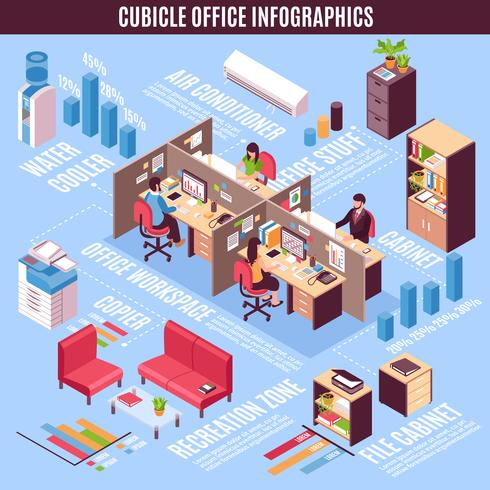When the plunge is finally made to start up your own business, how do you know where to turn for help? There is so much guidance now, that it can be quite overwhelming to work out what to concentrate on first.
Here are a few ideas from Ahmed Al-Ansari, Media Manager at Morgan Pryce, which could help identify where you should focus your efforts to maximise time and money in the early days of a new business.
Do the legal legwork: depending on your needs, size of business, business partners and potential liabilities, your business will take the form of one of a number of business entities. You could set up as a company, sole trader, partnership (like a sole trader but many other legal aspects to consider), or limited liability partnership (LLP). A visit to your accountant and solicitor will help guide you through the different options.
Decide where you are going to be based: many new businesses opt to start at home, perhaps with a view to moving into premises later on. For some, working from home may be the perfect solution; for others, it may not be suitable at all. When considering premises elsewhere, there are various options, including traditional leases and more flexible serviced offices. It is a good idea to look into the pros and cons of the different set-ups available, before moving on to consider your ideal location.
After visiting your lawyer and accountant, a visit to an insurance broker is a must. Every business has liabilities and therefore must have insurance. In some industries it is compulsory, but liability insurance (as well as other insurance for equipment etc.) is essential for peace of mind.
The next visit is to the bank, to organise a business bank account. Bank accounts, like many other aspects of setting up a business (such as terms and conditions of your suppliers, including broadband, computer software, telephone, home and contents insurance, and mortgage terms and tenancy terms if you work from home) relate to residential, personal or non-business use only. A conversation with the bank can at least help make the banking side of the business legitimate. While there may be costs involved in a business bank account, there may be other related services that you can take advantage of.
A new business will, of course, need to purchase equipment at the outset, including computer and telephone equipment and the related services and supplies, stationery, specialist equipment, and software – including antivirus and possibly salary and accounting software. Don’t forget training costs – often just as important an investment as equipment.
This article was brought to you by Morgan Pryce, a specialist tenant acquisition agent with offices in Oxford Circus and the City. Morgan Pryce specialises in search, negotiation and project management and works exclusively for tenants.




